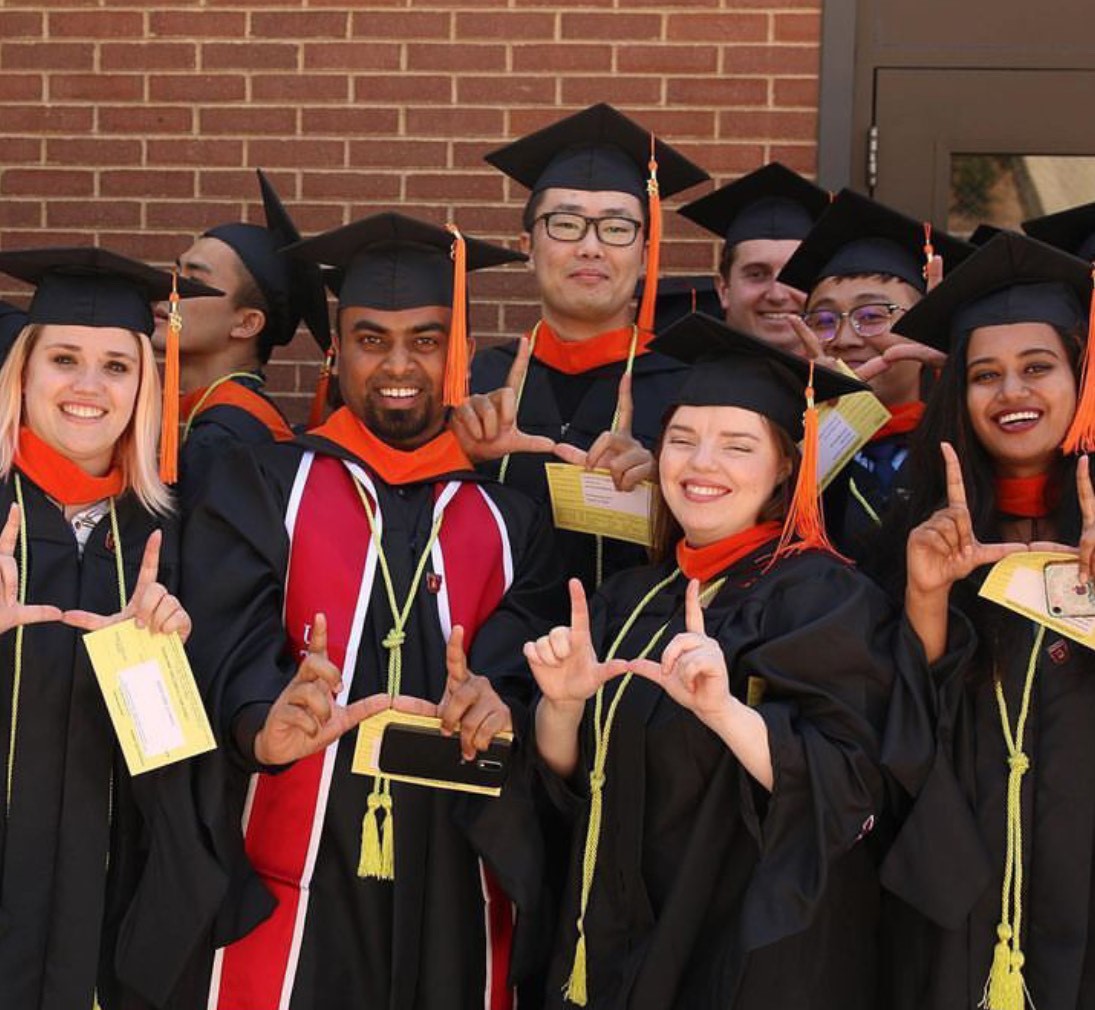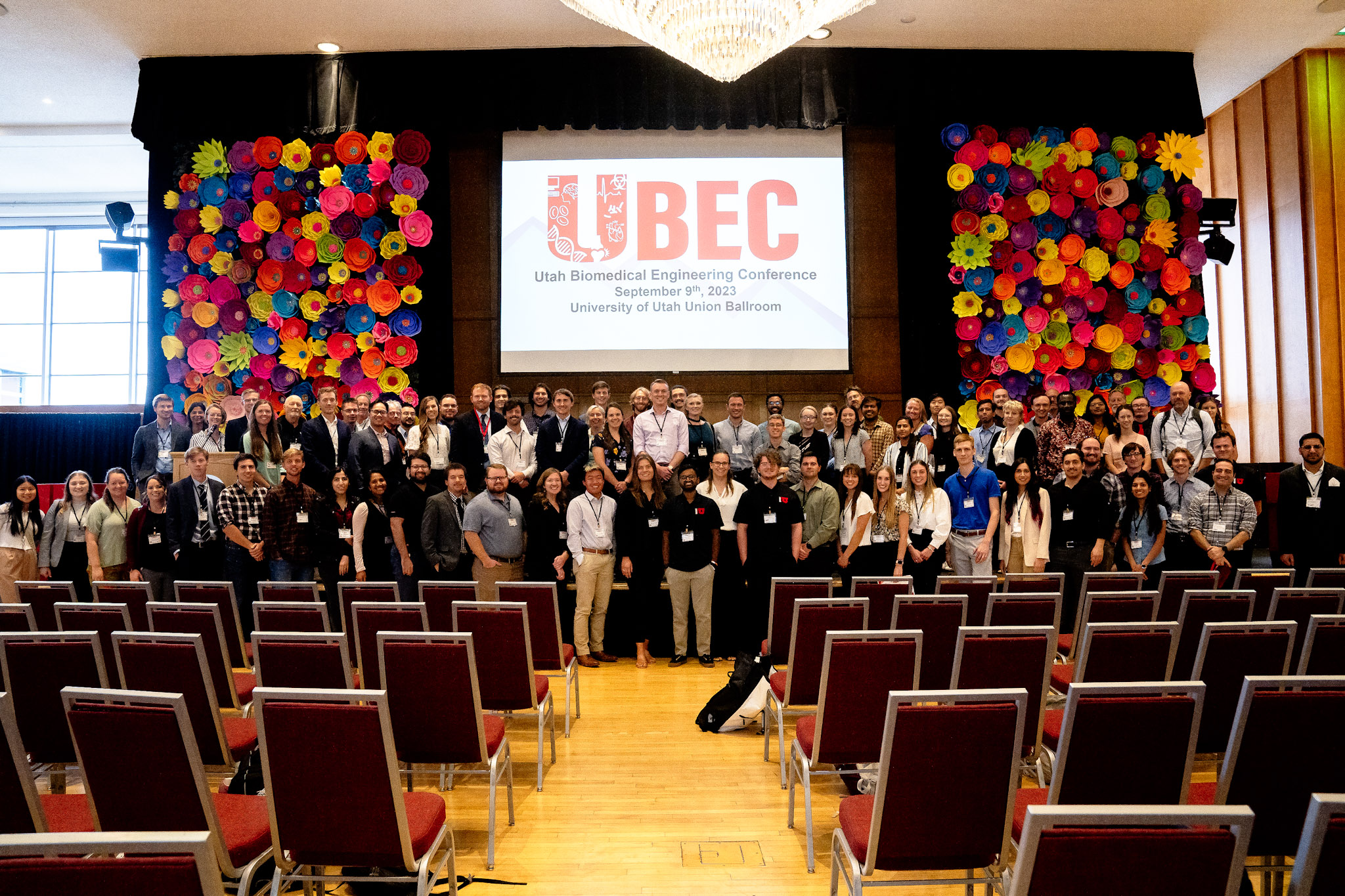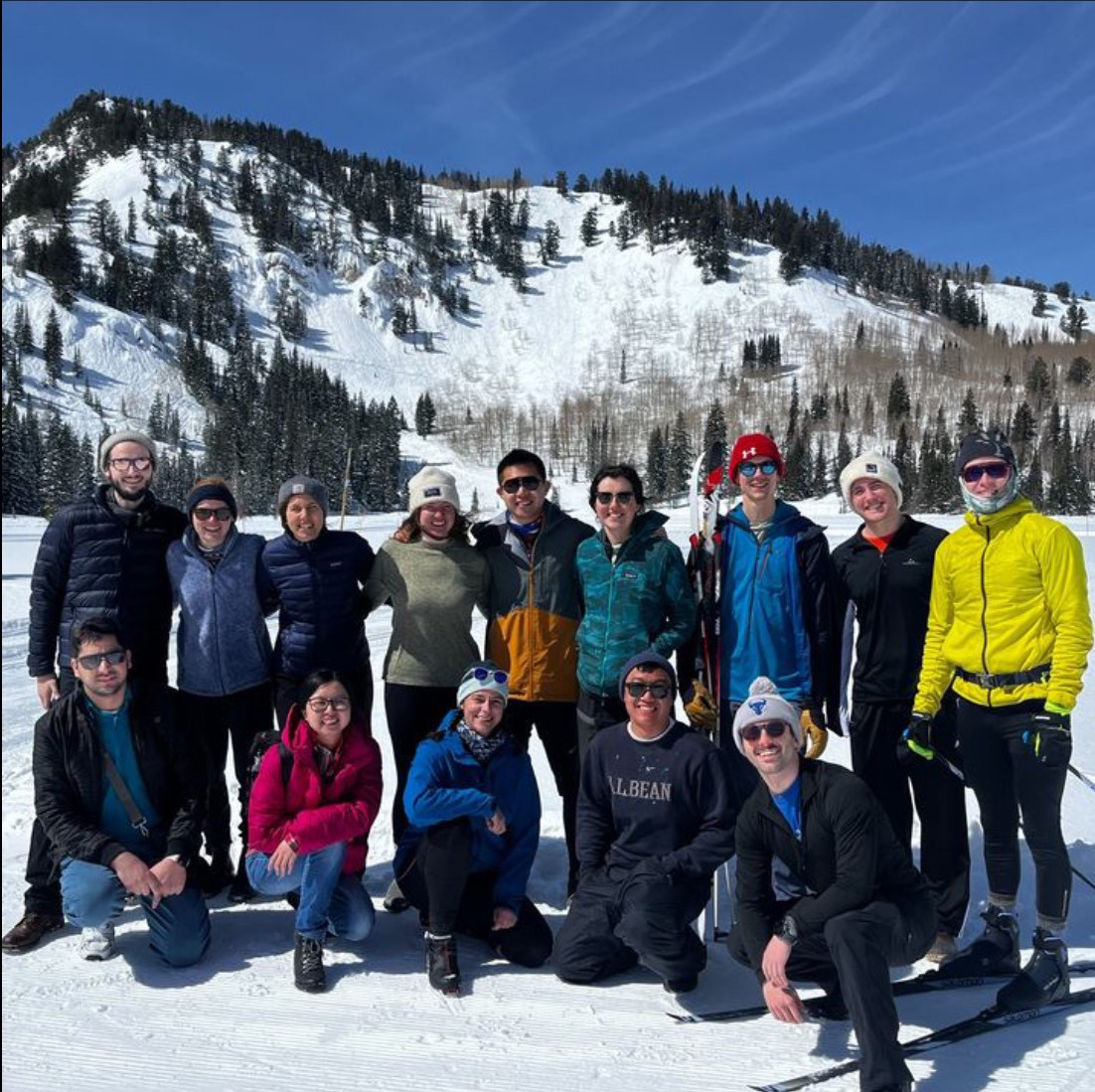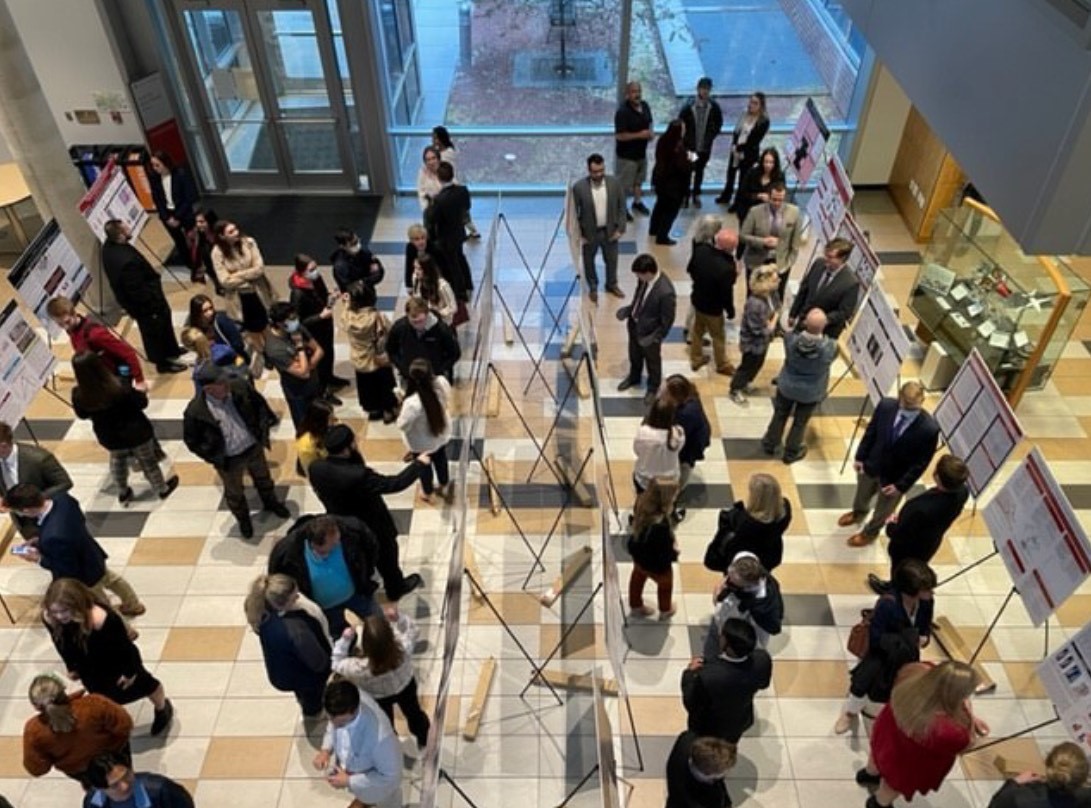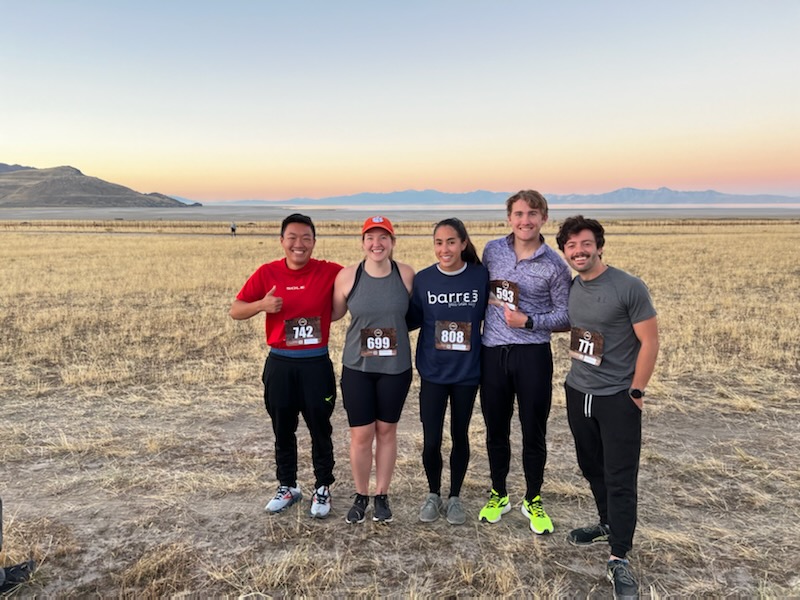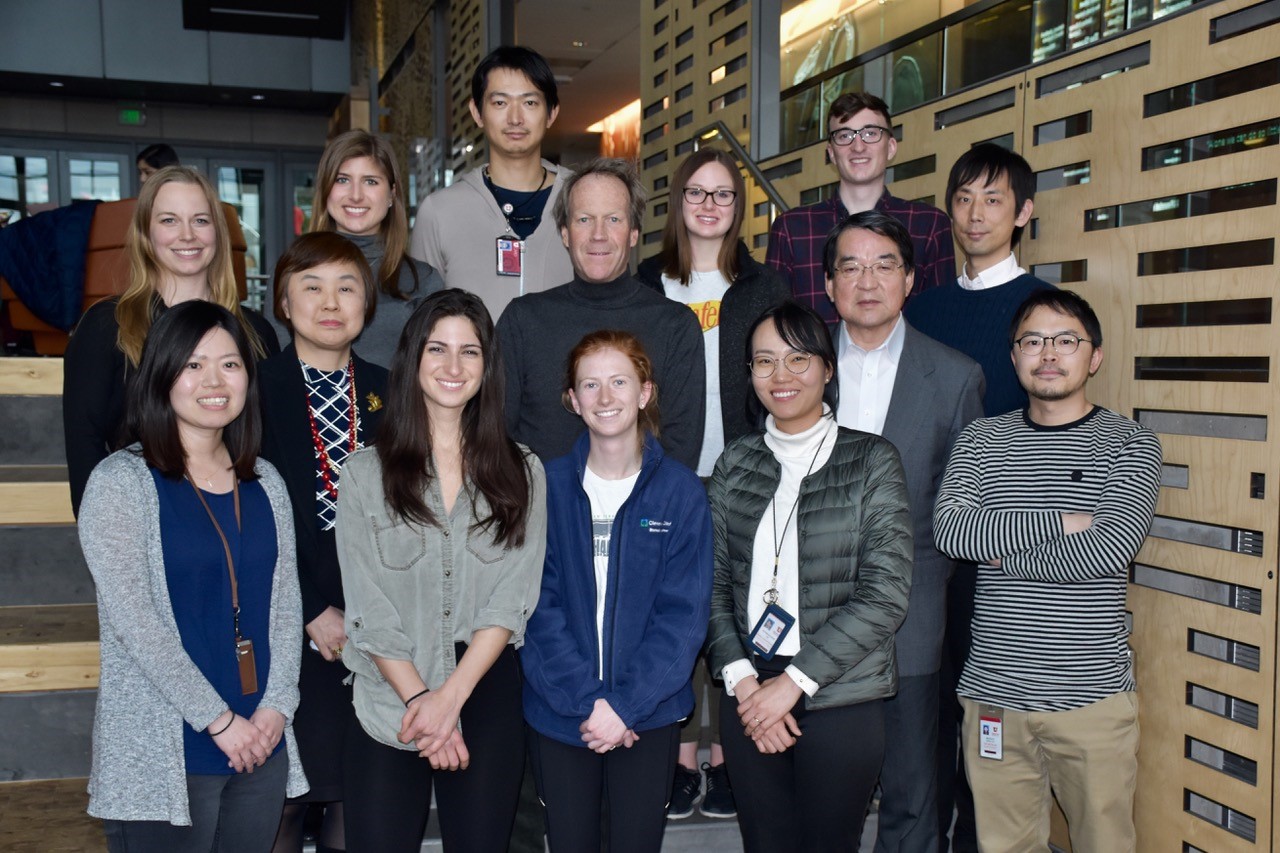We aim for an environment of academic excellence where our students, faculty, and staff are supported both inside and outside of the lab.
Biomedical Engineering Success, Empowerment, and Advocacy (SEA) Committee:
The Biomedical Engineering Success, Empowerment and Advocacy (SEA) committee is dedicated to building and maintaining an environment in the Department of Biomedical Engineering at the University of Utah that is welcoming to all students. We believe that all students should feel that they belong here.
The SEA committee is composed of faculty, students, and staff, reflecting many perspectives. The committee’s goals are to:
–Foster a sense of belonging and community in the Department of Biomedical Engineering
–Hear students’ challenges and needs, and communicate these to faculty and administrators
–Advocate for students by working with faculty and administrators to improve departmental policies that impact student success
–Provide education and increase awareness of the experiences and needs of all students
The committee is seeking feedback and new initiatives related to these goals in the BME department. Please email the committee with any suggestions
Resources
We seek to continually grow and evolve based on the needs of our unique department.
Contact Us:
Kylie Brown
Staff Representative, Academic Program Coordinator / Public Relations
(801) 587-0723 |kylie.brown@utah.edu
